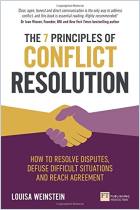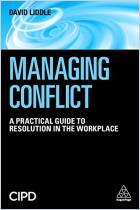Зарегистрируйтесь на getAbstract, чтобы получить доступ к этому краткому изложению.

Зарегистрируйтесь на getAbstract, чтобы получить доступ к этому краткому изложению.
Jayson Gaddis
Getting to Zero
How to Work Through Conflict in Your High-Stakes Relationships
Hachette Book Group USA, 2021
Что внутри?
Stop clashing with loved ones and take control of your relationships today, with actionable tools and strategies.
Recommendation
When a relationship breaks down, blaming the other person is tempting. But sometimes you’re the problem. Learn to take accountability for your conflicts and to handle them with compassion and grace. Improving your conflict management skills is an investment in your personal growth, says relationship expert Jayson Gaddis. Don’t let negative early childhood experiences determine the quality of your relationships, Gaddis urges. Start showing up and presenting a better version of yourself in your relationships today.
Summary
About the Author
Jayson Gaddis is an artist, best-selling author, podcaster, speaker, executive coach, CEO, founder, human behavior specialist and relationship expert. He has trained more than 200 coaches in 11 countries and is the creator of Interpersonal Intelligence and Present Centered Relationship Coaching.



















Comment on this summary